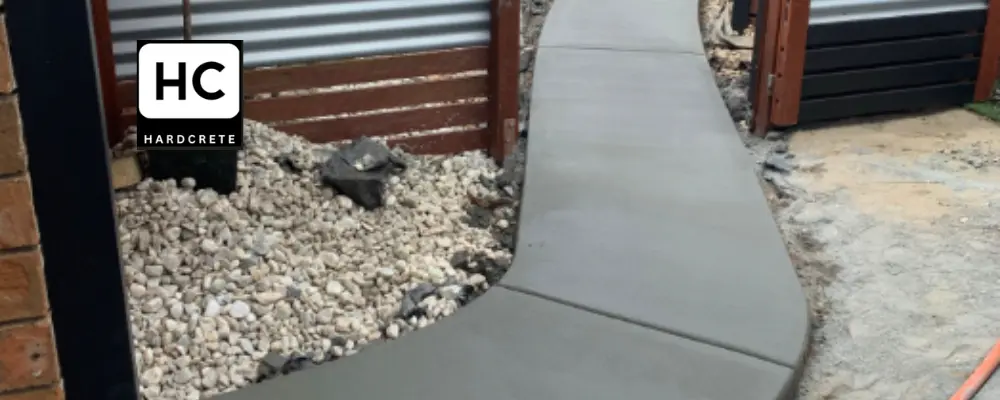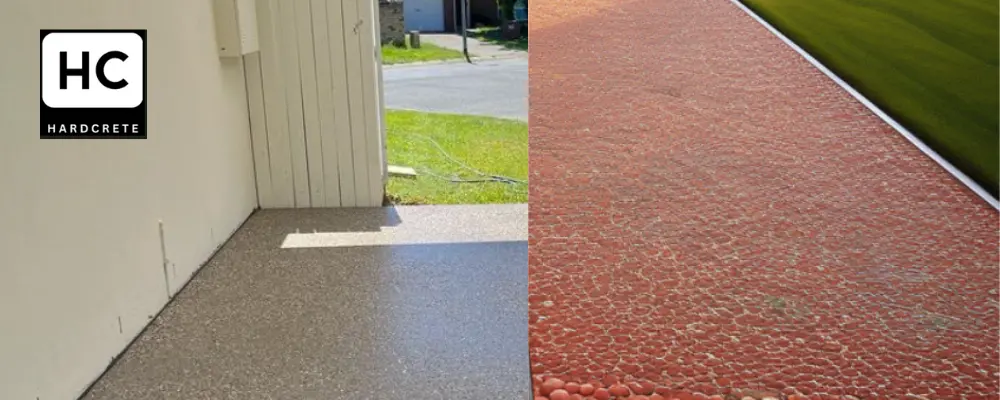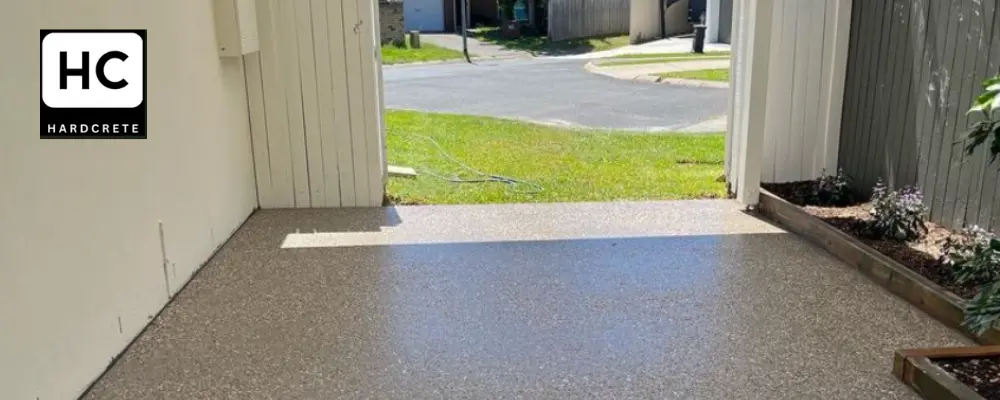Concrete surfaces are ubiquitous in our modern world, found in driveways, patios, sidewalks, and even interior floors. While concrete is renowned for its durability, it’s not immune to wear and tear, especially in the face of changing weather conditions throughout the year. Proper maintenance is crucial to ensure longevity and aesthetic appeal. In this comprehensive guide, we’ll explore expert tips for keeping your concrete surfaces in top condition regardless of the season. From routine cleaning to addressing cracks and preventing damage from harsh elements, we’ll cover everything you need to know to maintain your concrete surfaces year-round. With the right strategies in place, you can extend the lifespan of your concrete surfaces and keep them looking their best, enhancing the overall beauty and functionality of your property. Let’s dive into the essential maintenance practices to preserve your concrete surfaces effectively.
Regular Cleaning Regimen for Maintaining Your Concrete Surfaces
Maintaining clean concrete surfaces not only enhances their aesthetic appeal but also prolongs their lifespan. Whether it’s your driveway, patio, or basement floor, implementing a regular cleaning regimen is essential to keep them looking their best year-round. Here’s a detailed guide on how to effectively clean your concrete surfaces:
- Gather Your Supplies: Before starting the cleaning process, gather all the necessary supplies. You’ll need a broom or brush for sweeping, a garden hose or pressure washer, a bucket, mild detergent or concrete cleaner, a scrub brush or push broom, and protective gear such as gloves and safety glasses.
- Sweep Away Debris: Begin by removing any loose debris, dirt, or leaves from the surface of the concrete. Use a broom or brush to sweep the area thoroughly, paying special attention to corners and edges where debris tends to accumulate.
- Prepare the Cleaning Solution: In a bucket, mix a solution of mild detergent or specialized concrete cleaner with water according to the manufacturer’s instructions. Avoid using harsh chemicals or acidic cleaners, as they can damage the concrete surface.
- Apply the Cleaning Solution: Wet the concrete surface with water using a garden hose or pressure washer. Then, apply the cleaning solution evenly over the entire area. Allow the solution to sit for a few minutes to penetrate and loosen dirt, stains, and grime.
- Scrub the Surface: Using a scrub brush or push broom, scrub the concrete surface vigorously to dislodge stubborn stains and dirt. Focus on areas with visible stains or discoloration, and pay attention to any oil or grease spots.
Expert Tips for Proper Drainage Maintenance to Preserve Your Concrete Surfaces
Proper drainage maintenance plays a crucial role in preserving the integrity and longevity of your concrete surfaces. Without adequate drainage, water can accumulate around your concrete, leading to erosion, cracking, and other forms of damage. Here are some expert tips to help you maintain proper drainage and protect your concrete surfaces year-round.
Assess Existing Drainage
Start by assessing the current drainage situation around your concrete surfaces. Look for areas where water tends to pool or collect, as well as any signs of erosion or soil displacement. Understanding these problem areas will guide your drainage improvement efforts.
Grade Correction
Ensure that the ground around your concrete surfaces is properly graded to allow water to flow away from them. Ideally, the ground should slope away from the concrete at a rate of at least 1/4 inch per foot for effective drainage. Use fill dirt or gravel to adjust the grade as needed.
Install Surface Drainage Systems
Surface drainage systems, such as trench drains or French drains, can help redirect water away from your concrete surfaces. These systems collect surface water and channel it away through underground pipes or ditches, preventing it from pooling around your concrete.
Maintain Gutters and Downspouts
Gutters and downspouts play a crucial role in directing rainwater away from your concrete surfaces and foundation. Keep gutters clean and free of debris to prevent clogs that could cause water to overflow and saturate the ground around your concrete. Ensure that downspouts extend at least 5 feet away from the foundation to prevent water from seeping into the soil near the concrete.
Use Permeable Paving
Consider using permeable paving materials, such as porous asphalt or concrete pavers, for driveways, walkways, or patio areas. These materials allow water to infiltrate through the surface and into the ground, reducing runoff and minimizing the risk of water pooling around your concrete surfaces.
Professional Inspection and Maintenance
Maintaining your concrete surfaces throughout the year requires diligence and attention to detail. While regular cleaning and basic upkeep are essential, there comes a time when professional inspection and maintenance are necessary to ensure the longevity and structural integrity of your concrete surfaces.
- Understanding the Importance of Professional Inspection: Professional inspection goes beyond the surface level. Trained experts can identify underlying issues that may not be immediately apparent to an untrained eye. They assess the overall condition of the concrete, including its stability, any signs of deterioration, and potential areas of weakness.
- Frequency of Inspection: The frequency of professional inspections depends on various factors such as the age of the concrete, its usage, and the climate conditions. Generally, scheduling an inspection annually or bi-annually is recommended to catch any problems early on before they escalate into costly repairs.
- Expert Maintenance Solutions: Professional concrete contractors have the knowledge, skills, and tools to perform maintenance tasks efficiently and effectively. Whether it’s repairing cracks, resealing surfaces, or addressing drainage issues, they can implement solutions tailored to your specific needs.
- Crack Repair and Prevention: Cracks in concrete surfaces not only detract from the aesthetics but can also compromise the structural integrity over time. Professional contractors utilize specialized techniques and materials to repair cracks and prevent them from spreading, ensuring the longevity of your concrete surfaces.
- Resealing Services: Sealants play a vital role in protecting concrete from moisture penetration, stains, and damage. However, sealants degrade over time due to exposure to the elements. Professional contractors offer resealing services to replenish the protective layer, extending the lifespan of your concrete surfaces.
Conclusion
Hardcrete Concreters Gold Coast, we understand the importance of preserving concrete surfaces year-round, and our expert tips aim to empower property owners in Gold Coast, Queensland, and beyond to do just that. By implementing our strategies, including regular cleaning, sealing, and addressing cracks promptly, individuals can prolong the lifespan and aesthetic appeal of their concrete surfaces. With our commitment to providing reliable guidance and services, we ensure that our customers can enjoy durable and visually pleasing concrete features for years to come. Contact us at +61 1300223086 to discover how we can assist in maintaining your concrete surfaces effectively.




